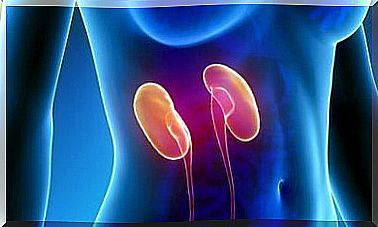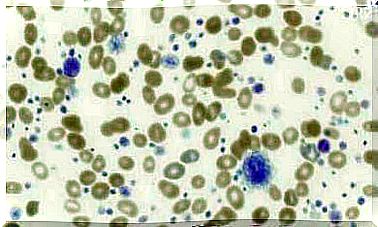Clinical Trial: What Is It And What Is It For?

Clinical trials are about evaluating the safety and efficacy of a drug on people. By comparing it with a drug already approved and placed on the market, it is possible to know if the drug in question offers more advantages.
Clinical trials are carried out by the physician and are aimed at patients who have no alternatives or to improve the treatments available. Participation is completely voluntary. The patient has the option to abandon the trial at any time, without providing further explanations.
It is also an essential phase for the marketing of a new drug. If the clinical trial does not give good results, the drug cannot be marketed.
How do you start a clinical trial?

The conduct of a clinical trial consists of five distinct phases. The first phase is represented by the experimentation project, which is dealt with by researchers and professionals competent in the related therapeutic field.
During this phase , a protocol is drawn up, that is a document that includes all the objectives and procedures to be followed. It’s like a trial instruction booklet.
The second phase is the approval of the trial. This approval must be granted by the competent bodies, such as AIFA (the Italian Medicines Agency), and the ethics committees. A committee of researchers will evaluate the study to ensure its safety and ethics for patients.
The third phase is the recruitment of patients by the research teams of the hospitals participating in the clinical trial.
The fourth involves carrying out the experimentation. Clinical trials usually last several years, during which inspectors visit hospitals to verify that the protocol is being followed.
The last step is the analysis of the results. Once the study is finished, a computer program called a “data collection card” processes all the data obtained. The information collected will be analyzed and the results published to make them known to the scientific community.
What clinical trials are there?
There are different types of clinical trials depending on the goal you want to achieve. We can mention 4 main types:
- I: aims to evaluate the safety of a drug on humans, and consists of a first study conducted on a molecule following experiments on guinea pigs. The best route of administration and the most appropriate doses are also evaluated.
- II: aims to evaluate the efficacy and safety of the drug to be marketed.
- III: serves to confirm the efficacy and safety of the drug under study on a larger group of patients than in phase II.
- IV: the trials carried out when the drug is already available on the market. They aim to obtain more information about the drug, for example about late adverse reactions.
The importance of clinical trials

Clinical trials are of great help in developing new treatment options for many diseases, such as breast cancer.
They make it possible to evaluate all aspects of disease interest in a highly regulated and rigorous way. For some conditions, experimentation can take years to uncover even a little information. However, the sum of all the results makes it possible to advance in the field of the medical clinic.
Despite this, clinical trials do not always demonstrate what was hoped for and the drugs under study do not always offer greater benefits. In addition, they can cause unexpected adverse reactions, although these will always be detected and addressed in a short time.
In many cases, however, clinical trials represent a unique opportunity for the patient to receive an innovative treatment that is harmless to their health. It may be completely useless or it may instead help overcome the disease more effectively.
Conclusion
Thanks to clinical research, it is possible to advance in the development of new treatments for diseases that currently have no cure, such as metastatic breast cancer.
It is essential to contribute to the research to advance and to try, at the very least, to make chronic many diseases that are now deadly.
You can consult your doctor about the clinical trials available for the condition you suffer from and ask him any questions you may have.









